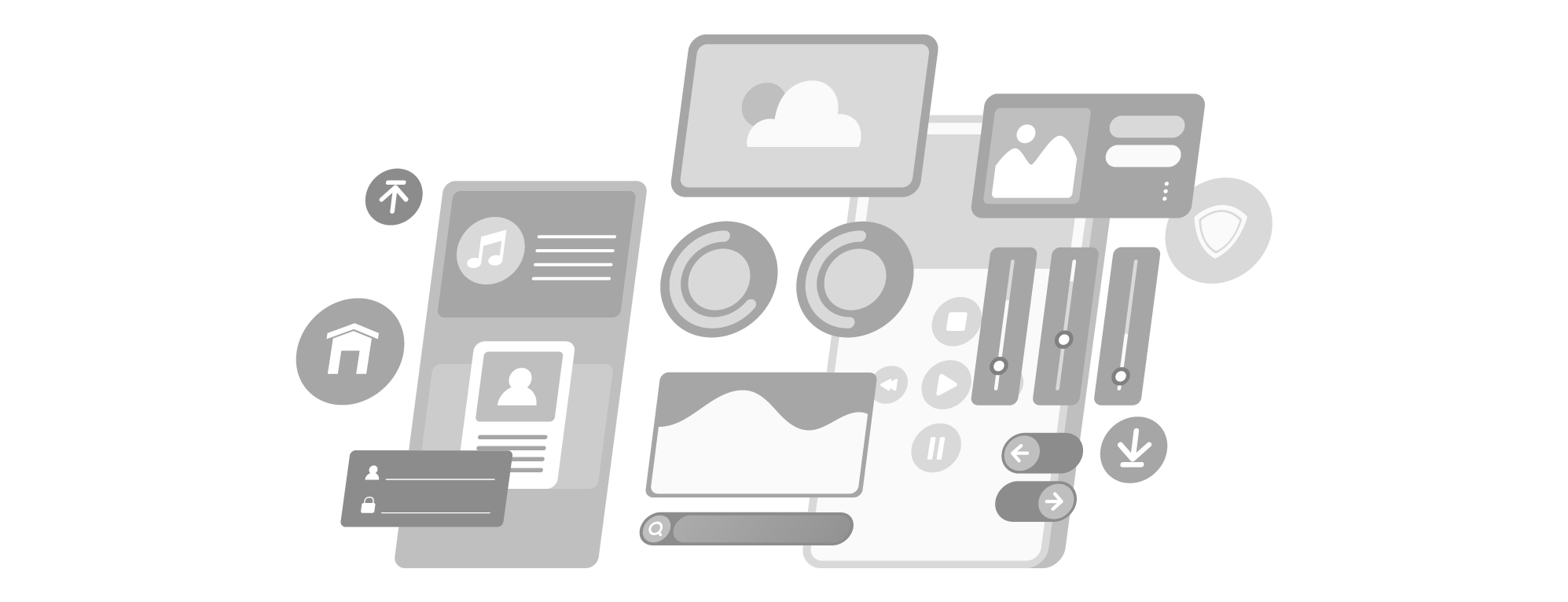Blog
5 technologies that will take your company to the next decade
 Johan Bernal
Johan Bernal
Johan Bernal
Marketing SpecialistTechnology became one of the main lifesavers for many companies on the planet facing the arrival of COVID-19. Millions of companies chose to start their digital transformation processes, even when the others had to update those already existing in their companies but all ones did it with the intention of not disappearing due to the paradigm shift that the pandemic brought with it.
Today we share the technologies that will be in trend, that will take your company to the next generation:
Current panorama of digitization in companies

The report called 'Trends in the use of technological devices', carried out by the National Observatory of Technology and Society (ONTSI), revealed that COVID caused technological changes in almost half of today's companies (47, 2%).
Among these changes, the most prominent are tools for adapting to teleworking (58.9%) and using platforms for remote meetings (24.4%). Other technological changes adopted by companies during this period include connectivity improvements (8.4%), the purchase/loan of computers or electronic devices (7%), adoption of new systems, software, and services (4.4%), incorporation of apps and communication platforms (2.3%), increase in cybersecurity measures and the use of more technology in general (both with 1.6%).
However, the places where employers implemented the latest technological changes were:
Digital sales channels, cloud storage systems, non-touch office access, virtual work circuits, and folders sharing system. Although as the months go by, we will see significant increases in these figures as well.
What will the innovations of tomorrow be based on?

The application of technology in a company is not something as new as it sounds. This, because the process has already been done before. A clear example of these previous optimization experiences in factories at the time of the industrial revolution.
The difference is that the current approach is centered on teaching or programming machines to solve problems and make decisions more or less autonomously. To achieve this, the solutions used today and those that will continue to emerge over the years will be done from four pillars:
• Genetic algorithms. Similar to the sequence of steps of human DNA.
• Artificial neural networks. They have connection nodes that simulate the human brain.
• Logic reasoning. Equivalent to abstract thinking. It is the next level of optimization.
• Search for the requested state. It occurs when a system must choose between the different possibilities.
Trending business technologies:

Robotic process automation (RPA), digital signature, gamification, Smart Value Healthcare, and migration to the multicloud, are some of the technological innovations which are helping businesses to reach unprecedented levels of productivity and volume business. Also, they are promoting cost savings and providing flexibility to be ready for the possible changes that will continue to occur.
Next, we explain to you everything about these five solutions that, leveraged on digitization, will continue to optimize the business processes of many more companies around the world:
- Robotic Process Automation (RPA): It is one of the key trends today. It is about the automation of processes using software systems or robots virtually, automating the performance of multiple tasks without the need for human intervention, optimizing resources, and providing a substantial improvement for your business.
- Digital Signature: Despite its apparent simplicity, it is one of the indispensable technologies of transformation. Provides a significant increase in productivity and allows streamlining many bureaucratic processes saving in costs and time, avoiding the physical transfers of people to sign documents and contracts. Very useful on legal issues.
- Gamification: It can be applied to hiring people, allows evaluating the competencies of candidates and employees. In addition, it helps businesses to reach more efficient teams to respond to a market that increasingly demands creativity and the ability to adapt to change.
- Smart Value Healthcare: If in companies in any sector, digitization only brings benefits. The health area was not going to be the exception. With Digital Health comes a new healthcare paradigm known as Value-Based Healthcare. Through results-based technologies (data and health informatics), we will observe a notable improvement in the quality of medical diagnoses
- Migration to the multi-cloud: This technology is known for using more than one cloud and emerged as a solution for companies seeking to avoid dependence on a single cloud provider. This alternative was taken into the account due to the fear that companies began to have that the service could fail in the middle of carrying out an activity, so they preferred to horizontalize it.
Takeaways:
Among the most important innovations that were showed during the business adaptation to the new normal caused by COVID-19, stand out solutions for the migration of work methodologies to virtuality, the use of tools for remote meetings, connectivity improvements, adoption systems, software, and services, as well as cybersecurity solutions.
Although the application of technology in a company is not something new because they have done it forever, the current approach seeks to teach or program machines to solve problems and make decisions more or less autonomously.
Due to this, robotic process automation (RPA), digital signature, gamification, Smart Value Healthcare, and migration to the multicloud, today are the new technologies managed to optimize the activities of companies around the world.
Meanwhile, technology will continue to transform, and companies will continue to do their best not to be left behind. So we will continue to see how technology helps these companies adapt to the situations that arise in their day by day.
Written by Johan Bernal
 Johan Bernal
Johan Bernal
Johan is a creative professional skilled in developing and executing effective marketing strategies. Their expertise in market analysis and campaign management drives brand awareness and customer engagement.
Scale your company with the same people
Practical ideas to do more and get back your time every week
We respect your inbox. Privacy policy

